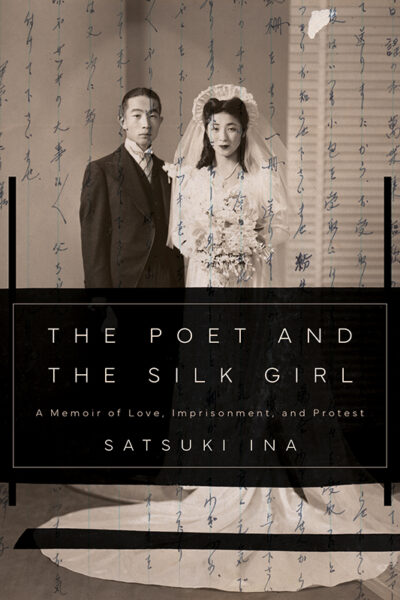The Poet and the Silk Girl – Satsuki Ina
At first glance, The Poet and the Silk Girl is richly visual, with many photographs and documents reproduced alongside the text. But it’s also a book about language: the familect of a second-generation couple and their children, and the therapeutic powers of translation and writing.
My Cousin Maria Schneider – Vanessa Schneider
Perhaps a story told through the prism of deep love will always be molded to the contours of its creator; a twinning of subject and author.
The Italy Letters – Vi Khi Nao
Where do you put your emotional energy when you love someone who doesn’t love you back?
Mystery Lights – Lena Valencia
Through the process of stripping away parts of the self . . . the women come face-to-face with their own uncanny reality, however ugly. Ghosts do not give up easily.
Corey Fah Does Social Mobility – Isabel Waidner
Waidner dramatizes the knots into which society will twist itself to keep capital out of the hands of the disenfranchised.
Sister Golden Calf – Colleen Burner
One of the greatest joys of Burner’s novella is that classic feature of the road trip: not having any clue who or what you are going to run into next.
SCHOOL eviscerates post-structural conceits, derides the cult-leader-status of celebrity intellectuals, and denounces the academic pyramid scheme.
No paean to Montreal’s transformation into a global capital of commerce and culture . . . [Bock’s novel] imagines one of the countless souls who built contemporary Montreal, giving their bodies for the city . . .
All the Way to Summer – Fiona Kidman
Particularly in those stories set in dismal small towns or isolated rural plots in mid-twentieth century Aotearoa (New Zealand), [Kidman’s] women long for escape: for a bigger, more liberated elsewhere.
Mettlework: A Mining Daughter on Making Home – Jessica E. Johnson
So much within these pages concerns the relationship between self and place, and between place and environment, what we do to it and take from it.












